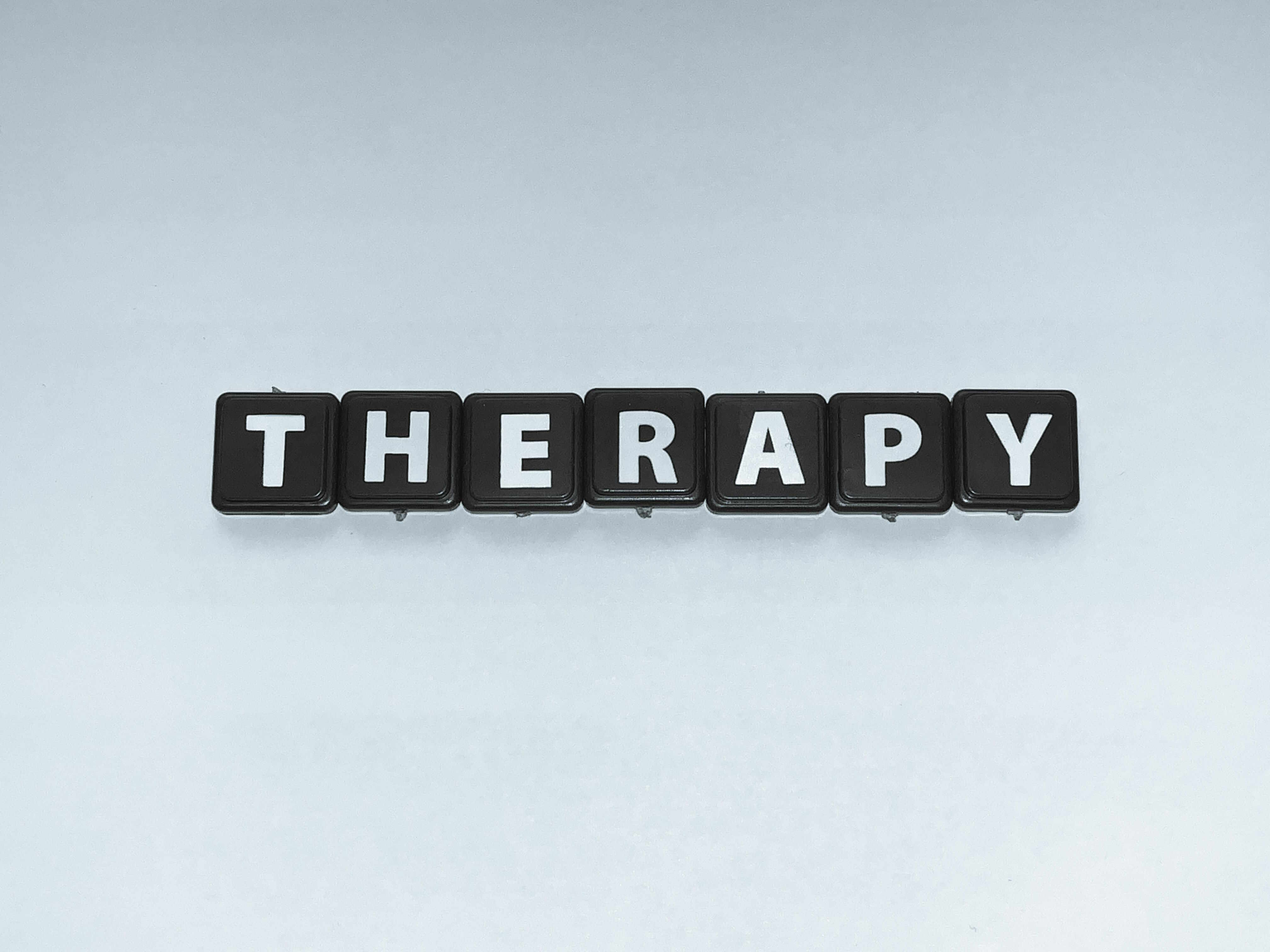Understanding Bipolar Disorder: A Comprehensive Guide to Self-Assessment Tests
Bipolar disorder affects millions worldwide, making early detection and proper diagnosis crucial for effective treatment. Self-assessment tests serve as valuable preliminary tools for identifying potential symptoms of bipolar disorder, though they should never replace professional medical evaluation. These screening tools help individuals recognize patterns in their mood, behavior, and energy levels that might indicate the need for further assessment by a mental health professional.

Key Signs and Symptoms Evaluated in Bipolar Tests
Most bipolar screening tools assess several core areas of mental health, including mood fluctuations, energy levels, and behavioral changes. Common elements include questions about periods of excessive happiness or irritability, decreased need for sleep, racing thoughts, and risky behavior. These tests also examine depressive symptoms like persistent sadness, loss of interest in activities, and changes in appetite or sleep patterns.
Types of Bipolar Self-Assessment Tools
Several validated screening instruments are commonly used for bipolar self-assessment:
-
Mood Disorder Questionnaire (MDQ)
-
Bipolar Spectrum Diagnostic Scale (BSDS)
-
Hypomania Checklist (HCL-32)
-
Bipolar Depression Rating Scale (BDRS)
Each tool has specific focuses and methods for evaluating manic episodes and depressive symptoms, though all aim to identify potential bipolar disorder indicators.
Understanding Test Results and Next Steps
Self-assessment results should be interpreted cautiously. A positive screening result doesn’t confirm bipolar disorder, just as a negative result doesn’t rule it out. The primary value of these tests lies in their ability to prompt discussions with mental health professionals. If your results suggest potential bipolar symptoms, consulting a qualified healthcare provider is essential for proper evaluation and diagnosis.
The Role of Professional Assessment
While self-assessment tools provide valuable insights, professional diagnosis involves comprehensive evaluation by qualified mental health practitioners. Clinicians use structured interviews, medical history reviews, and various diagnostic tools to make accurate diagnoses. They can differentiate bipolar disorder from other conditions with similar symptoms and recommend appropriate treatment plans.
The Importance of Regular Mental Health Monitoring
Regular mental health monitoring, whether through self-assessment tools or professional evaluation, plays a crucial role in managing bipolar disorder. Tracking mood swings, energy levels, and behavioral patterns helps individuals and their healthcare providers identify triggers, adjust treatment plans, and prevent severe episodes.
This article is for informational purposes only and should not be considered medical advice. Please consult a qualified healthcare professional for personalized guidance and treatment.






